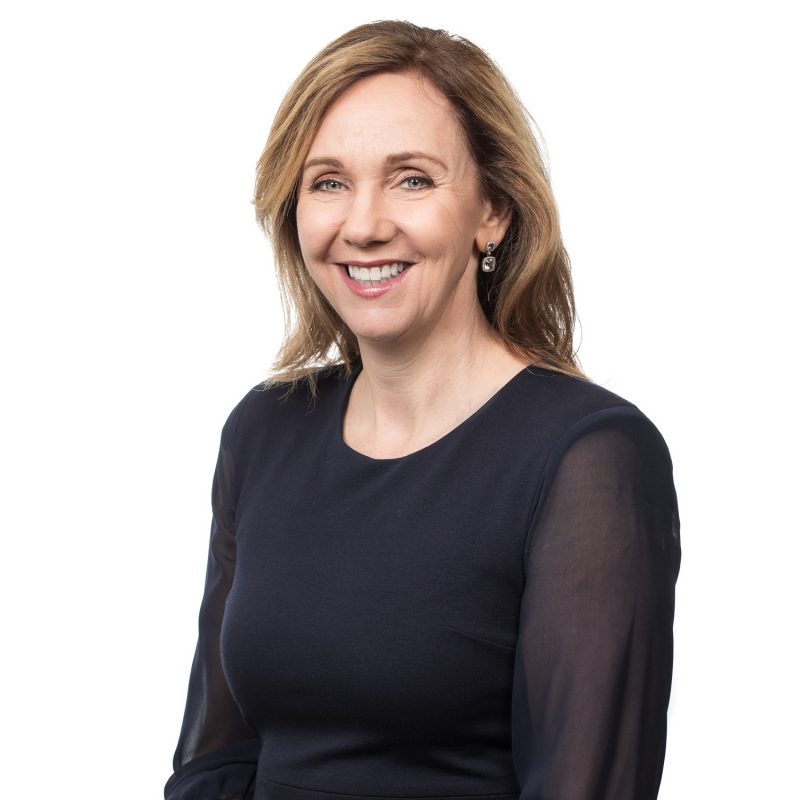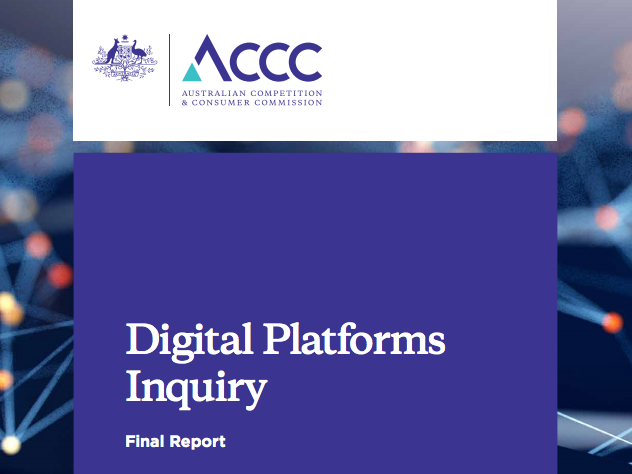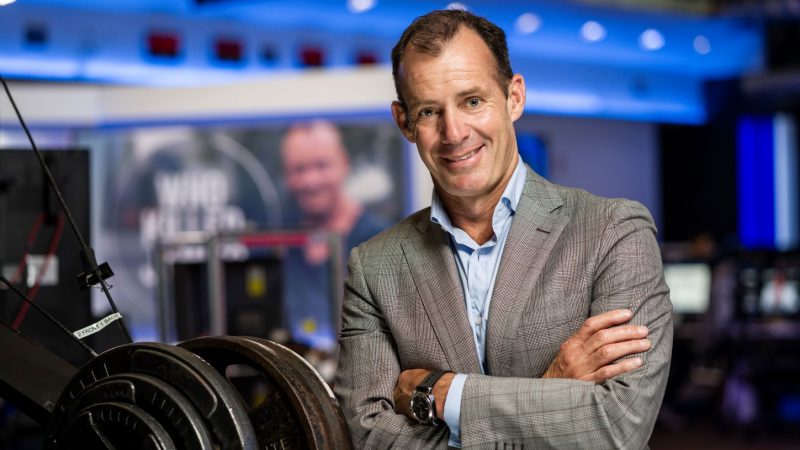
Free TV says ACCC’s recommendations must be implemented against Google and Facebook ‘monopolies’
Free TV has called upon the government to accept and implement the recommendations set out in the Australian Competition and Consumer Commission’s digital platforms report.
The peak industry body for Australia’s commercial free-to-air broadcasters supports an inquiry into “opaque” media agencies, the expansion of the regional and small publishers fund, and increased accountability of digital platforms (including the creation of a role for a digital platforms ombudsman), among other measures.
The ACCC’s report, released in July, contains 23 recommendations aimed at addressing the impact platforms like Google and Facebook have had, and will continue to have, on the local media landscape, including TV companies.

Free TV’s Bridget Fair
“Now is the time to act on the recommendations of the ACCC’s world-leading report on the behaviour of digital platforms,” Free TV’s CEO, Bridget Fair, said.
“We are experiencing unprecedented disruption within the broadcast media industry because of the growing dominance of the largely unregulated digital platforms such as Google and Facebook. While review processes around the world are revealing the problem, the Morrison Government has a chance to lead by implementing the solutions.”
Fair paid particular attention to the issues concerning TV broadcasters, such as Australian content quotas, and a code of conduct for digital platforms negotiating with media owners.
“Reform of media regulations is long overdue, particularly in areas such as Australian content quotas and advertising restrictions that penalise commercial Free TV broadcasters,” Fair said.
“Free TV Australia is actively engaging with relevant stakeholders to encourage a sensible but fast negotiation process for these vital reforms.
“Equally, consultation needs to start immediately on the creation of a Code of Conduct governing how digital platforms must negotiate with media businesses. This is vital to address the unequal bargaining position between media businesses and the digital platforms.”
With regards to the code of conduct, Free TV wrote in its submission to the government responding to the ACCC report: “A Code of Conduct, administered by the ACCC, is necessary to prevent the platforms from restricting the reasonable and sustainable monetisation of Australian news and media content on their platforms and to enable appropriate data sharing by those who derive audience, data and financial benefit from the consumption of content on their platforms.”

The report was handed down in July
Free TV also noted that commercial TV is the most heavily regulated of all media platforms, plus pointed to “the inadequacy of existing takedown practices by the platforms [that] means that our brands, intellectual property and reputations are at risk”. A mandatory takedown code should be created, Free TV said, supported by “meaningful sanctions and penalties”.
Fair added that the report’s recommendations must be implemented to create a “level playing field”, saying: “The Digital Platforms Inquiry Final Report represents a golden opportunity for the Government to rein in these global monopolies, and at last create a truly level playing field for the benefit of all Australians.”

Ten CEO Paul Anderson says the ACCC report can help pave a better future for content creators in Australia
Ten CEO Paul Anderson agreed with Fair, calling the ACCC report a ‘roadmap’ to a better future for content providers.
“The ACCC report is a roadmap to a more level playing field between the free to view networks and the ever-growing number of online content providers,” said Anderson.
“The media landscape continues to be disrupted at an enormous pace and our rules and regulations simply haven’t kept up. These rules need to be updated before it’s too late.
“In the interests of every Australian, we need to urgently bring about fairer local content rules. We also need much closer scrutiny of the advertising and data practices of digital platforms so that every media company can compete.
“We’re really proud of our significant ongoing investment in high-quality, premium shows, and how these shows reflect the diversity in Australian culture.
“But to continue to provide Australians with the home-grown content they actually want, in a way that’s accessible across the platforms they use, we need local content rules that are fairer and more flexible.
“We look forward to working with all relevant stakeholders so we can quickly deliver these much needed reforms.”


